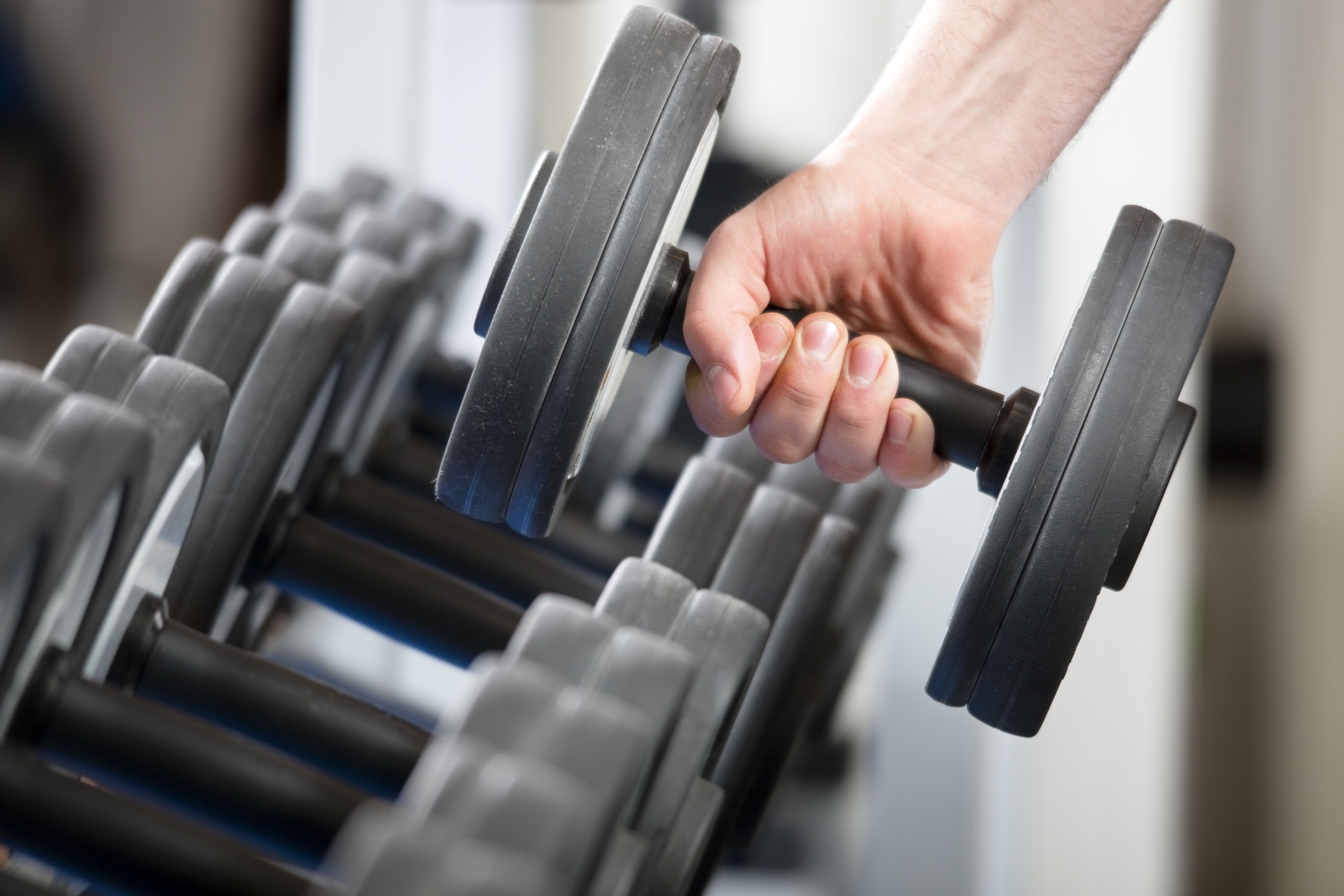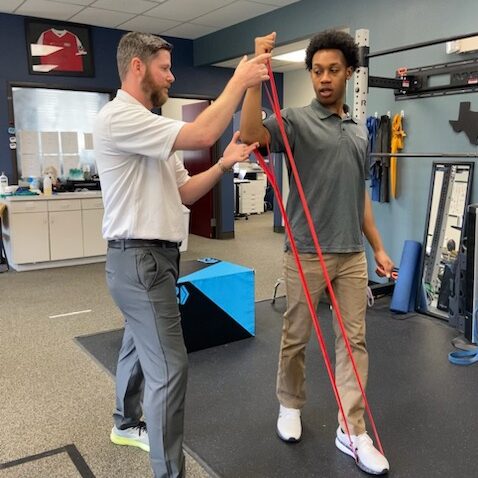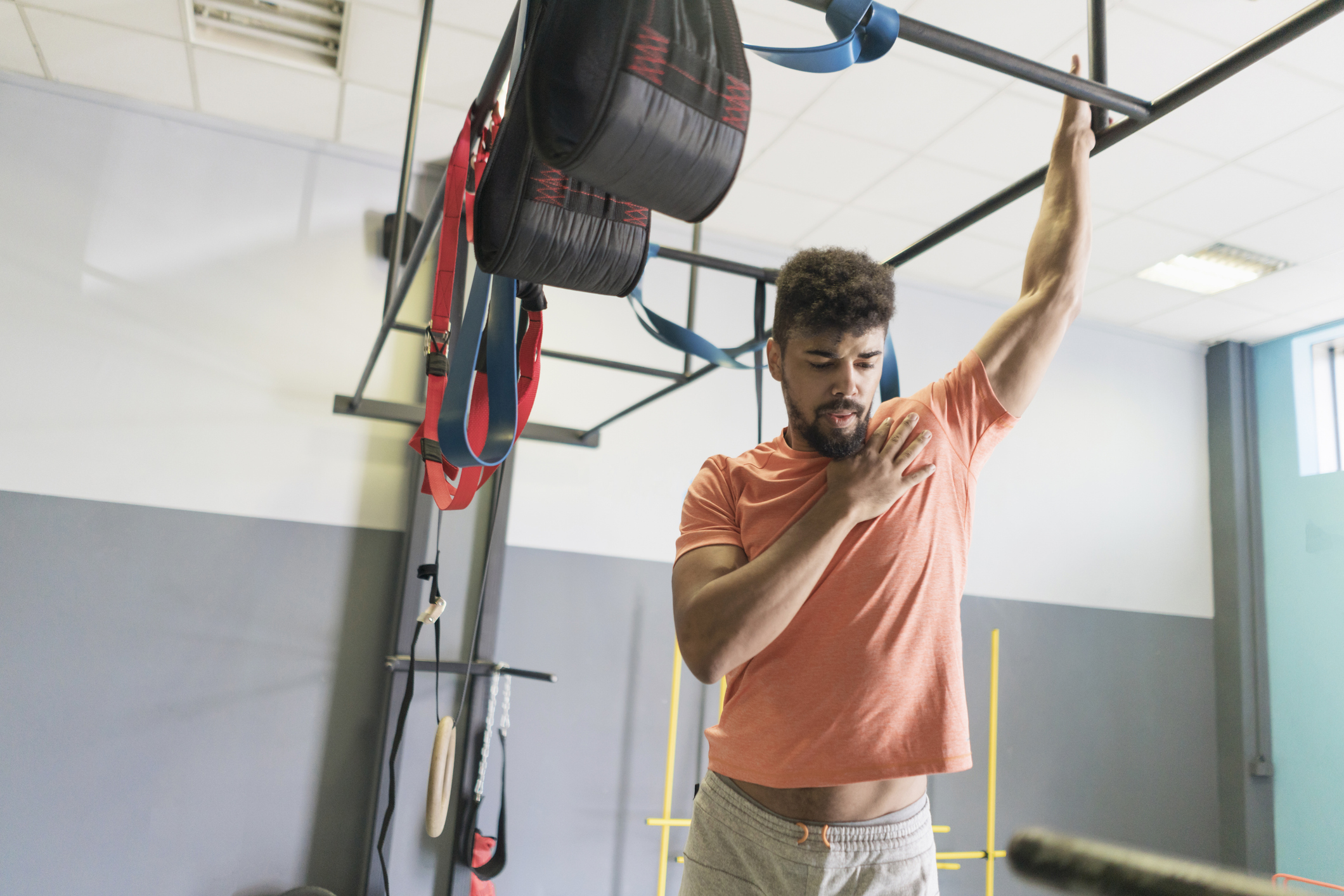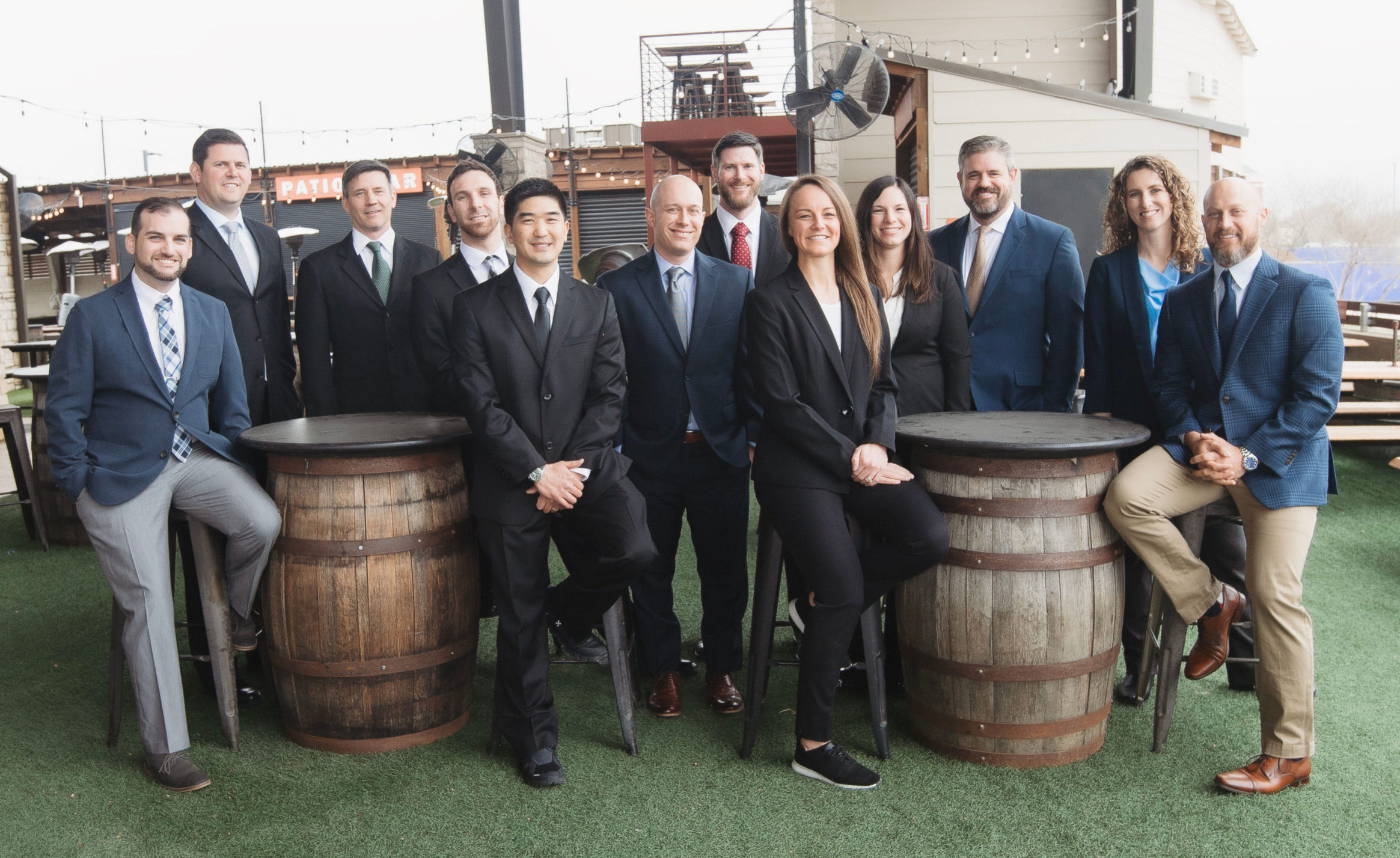Rotator Cuff Tear
What is a Rotator Cuff Tear?
A rotator cuff tear is a prevalent injury that impacts the shoulder joint’s muscles and tendons. The rotator cuff consists of four muscles working together to stabilize and mobilize the shoulder. When one or more of these muscles or tendons are torn, it can lead to pain, weakness, and restricted range of motion.
There are multiple causes and risk factors associated with rotator cuff tears. Overuse or repetitive motions, such as lifting heavy objects or engaging in activities that require frequent overhead movements, can exert strain on the rotator cuff and result in tears. Additionally, age and tendon degeneration heighten the risk of a tear.
The symptoms of a rotator cuff tear can vary based on the injury’s severity. Common signs include pain, especially during overhead activities, weakness in the affected arm, and a clicking or popping sensation during shoulder movement. Some individuals may also struggle with sleeping on the affected side or experience limited shoulder mobility.
If you suspect a rotator cuff tear, seeking professional help is crucial. At Therapy Partners of North Texas, our experienced physical therapists specialize in treating rotator cuff tears. Following a comprehensive evaluation, we develop a personalized treatment plan to alleviate pain, enhance strength, and restore shoulder function.


Diagnosing a Rotator Cuff Tear
Imaging tests are pivotal in confirming a rotator cuff tear diagnosis. While X-rays can rule out other shoulder conditions like fractures or arthritis, they cannot directly visualize the rotator cuff. For a more detailed evaluation, we may recommend an MRI (Magnetic Resonance Imaging) scan, which provides high-resolution images of the shoulder’s soft tissues, allowing for precise detection and assessment of a rotator cuff tear.
Once a rotator cuff tear is confirmed, our therapists differentiate between partial and full tears. Partial tears involve damage to a portion of the tendon, while full tears result in a complete separation. This distinction is crucial as it guides the treatment approach. Partial tears may respond well to conservative treatments, such as physical therapy exercises and modalities, whereas full tears may necessitate surgical intervention followed by comprehensive rehabilitation.
At Therapy Partners of North Texas, our objective is to develop personalized treatment plans to help you regain shoulder strength, mobility, and function. Contact us today to schedule an appointment with one of our skilled physical therapists.
Benefits of Physical Therapy for Rotator Cuff Tears
Effective pain management techniques to ensure a more comfortable recovery.

Gradual progression of exercises to restore full range of motion

Targeted strengthening exercises to rebuild muscle strength and prevent future injuries.

Comprehensive rehabilitation programs designed to expedite recovery and return to daily activities

Individualized treatment plans tailored to each patient’s specific needs and goals.

Physical Therapy Exercises for Rotator Cuff Tears
Passive and Active Range of Motion Exercises

Range of motion exercises are designed to gently move the shoulder joint to prevent stiffness and maintain flexibility. Passive exercises involve a therapist or partner moving the arm through various motions, while active exercises require the individual to use their muscles to move the arm. These exercises help restore normal shoulder movement and reduce pain.
Strengthening Exercises for the Rotator Cuff Muscles

Strengthening exercises target the muscles making up the rotator cuff, including the supraspinatus, infraspinatus, teres minor, and subscapularis. These exercises typically use resistance bands, weights, or specialized equipment to gradually increase the strength of these muscles. Strengthening the rotator cuff can improve stability, prevent further injury, and enhance overall shoulder function.
Stretching Exercises for Improved Flexibility

Stretching exercises focus on improving flexibility and increasing the range of motion in the shoulder joint. These exercises help lengthen and loosen the muscles and tendons surrounding the rotator cuff, reducing the risk of strain and promoting better mobility. Stretching exercises should be performed carefully and under the guidance of a qualified physical therapist to prevent further injury.
Before starting any exercise program for a rotator cuff tear, consulting with a licensed physical therapist is crucial. They can assess the severity of the tear and tailor a treatment plan to meet individual needs. A personalized approach to physical therapy exercises can maximize recovery and help individuals regain strength, function, and quality of life.
Recovery and Rehabilitation
Recovering from a rotator cuff tear can be a lengthy process, but proper rehabilitation can help you regain shoulder strength and function. After surgery, physical therapy plays a crucial role in your recovery. Here is an overview of the post-surgery rehabilitation process:
Range of Motion Exercises
Your therapist will help you manage pain and discomfort through various techniques such as ice therapy, heat therapy, and gentle exercises.
Pain Management
Your therapist will help you manage pain and discomfort through various techniques such as ice therapy, heat therapy, and gentle exercises.
Strengthening Exercises
As your shoulder heals, your therapist will guide you through a series of strengthening exercises. These exercises target the muscles around the rotator cuff to regain muscle strength and stability.
Functional Training
Once your shoulder strength improves, your therapist will focus on functional training. This involves simulating activities you perform in your daily life, such as reaching, lifting, and throwing. Functional training aims to improve your ability to perform these activities without pain or limitations.
Preventing re-injury and maintaining long-term shoulder health is crucial. Here are some tips to keep in mind:
- Maintain Good Posture: Poor posture can strain your shoulder. Practice proper posture to reduce stress on your shoulder joint.
- Warm Up Before Physical Activities: Before engaging in any physical activities or exercise, warm up your muscles and joints to prepare them for the activity.
- Use Proper Lifting Techniques: When lifting heavy objects, use your legs and avoid putting excessive strain on your shoulders.
- Listen to Your Body: If you experience pain or discomfort during any activity, listen to your body and take a break. Pushing through pain can lead to further injury.
By following the post-surgery rehabilitation process, practicing self-care at home, and taking preventive measures, you can support your recovery from a rotator cuff tear and maintain long-term shoulder health
Choosing the Right Physical Therapist
Selecting the right physical therapist is essential for effective treatment of a rotator cuff tear. Here are key factors to consider:
Qualifications and Experience: Look for a physical therapist with the necessary qualifications and experience in treating rotator cuff tears. They should have a strong educational background and be licensed to practice physical therapy. Additionally, finding a therapist with specific experience in treating rotator cuff injuries is beneficial.
Communication and Personalized Treatment Plans: Effective communication is crucial in the therapeutic process. A good physical therapist should listen to your concerns and goals and develop a personalized treatment plan tailored to your specific needs. They should explain the treatment options available to you and ensure you understand the rationale behind their recommendations.
Collaboration with Other Healthcare Professionals: Treating a rotator cuff tear often requires a multidisciplinary approach. Look for a physical therapist who collaborates with other healthcare professionals, such as orthopedic surgeons or pain management specialists. This ensures you receive comprehensive care and that all aspects of your injury are addressed.
At Therapy Partners PT, our team of highly qualified and experienced physical therapists specializes in treating rotator cuff tears. We prioritize effective communication and individualized treatment plans to help you recover and regain optimal function. We also work closely with other healthcare professionals to provide you with the best possible care. Contact us today to schedule an appointment and take the first step toward your recovery.

